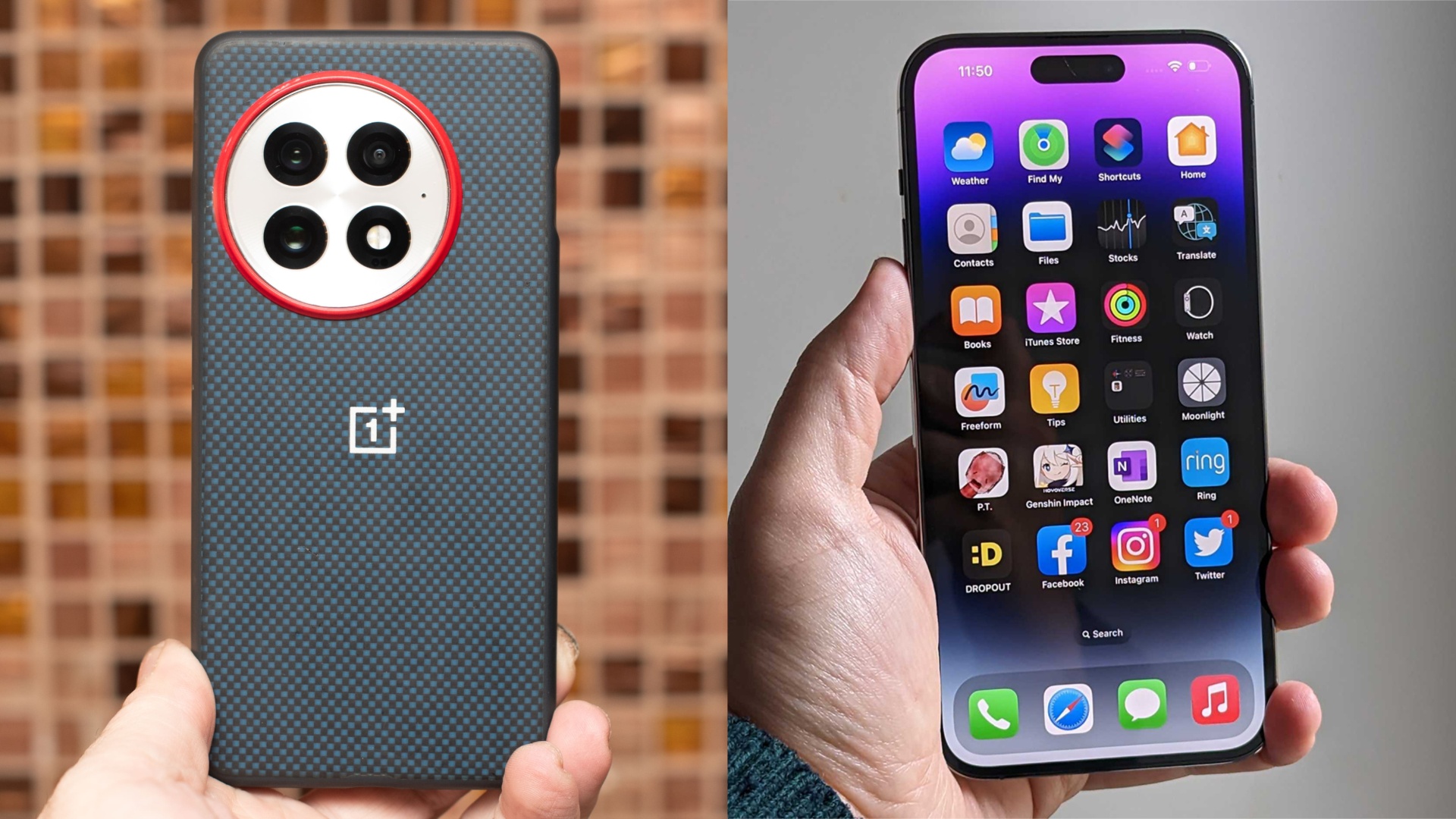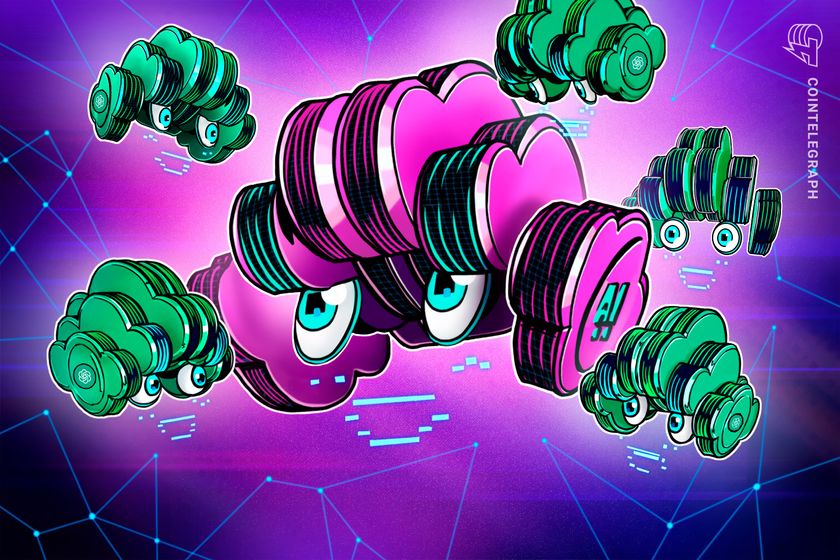My First interview in Suave Technologies as Fresher
It was the first interview I attended as a Java Developer. I had some fear inside me before attending the interview, but after it, I felt much better. Success or failure doesn't matter — what matters is that we give our best effort. 1.The first round was about choosing the correct output. 2.The second round was focused on coding. I was asked to solve a programming problem as part of this round. Write a Java program that: Accepts three inputs from the user using the Scanner class: start: the starting index for Fibonacci series end: the ending index for Fibonacci series limit: the number to compare the final sum with Generates Fibonacci numbers from the start to end index (inclusive). From these Fibonacci numbers: Find which numbers are prime. Calculate the sum of all these prime Fibonacci numbers. Finally: If the sum is less than the limit, print "NO". package pratice; import java.util.Scanner; public class fabonacci_series { static int total = 0; // Make total a static class variable public static void main(String[] args) { Scanner sc = new Scanner(System.in); System.out.println("Enter start value:"); int start = sc.nextInt(); System.out.println("Enter end value:"); int end = sc.nextInt(); System.out.println("Enter limit value:"); int limit = sc.nextInt(); findficser(start, limit, end); if (total < limit) { System.out.println("no"); } else { System.out.println("yes"); } sc.close(); } private static void findficser(int start, int limit, int end) { int x = 1; int y = 0; int z = 0; for (int i = 0; i = start && i
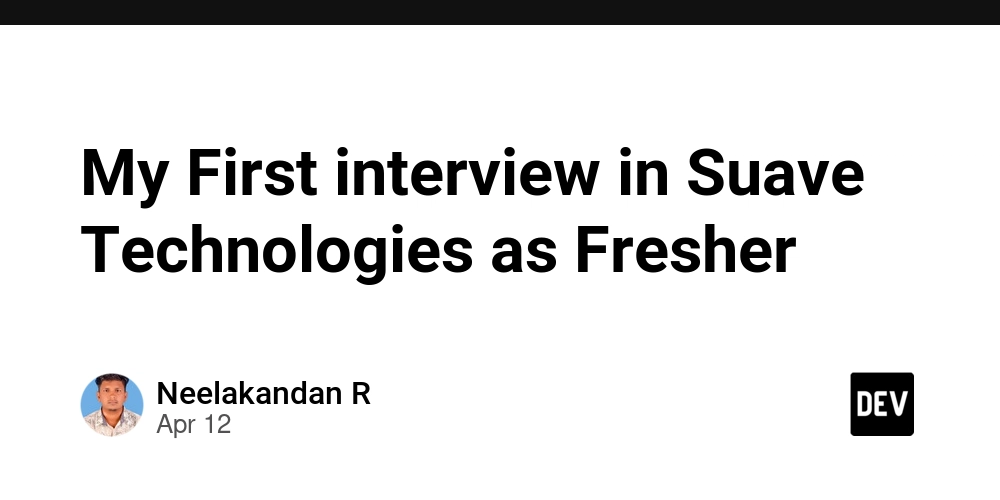
It was the first interview I attended as a Java Developer. I had some fear inside me before attending the interview, but after it, I felt much better. Success or failure doesn't matter — what matters is that we give our best effort.
1.The first round was about choosing the correct output.
2.The second round was focused on coding. I was asked to solve a programming problem as part of this round.
Write a Java program that:
-
Accepts three inputs from the user using the Scanner class:
- start: the starting index for Fibonacci series
- end: the ending index for Fibonacci series
- limit: the number to compare the final sum with
Generates Fibonacci numbers from the start to end index (inclusive).
-
From these Fibonacci numbers:
- Find which numbers are prime.
- Calculate the sum of all these prime Fibonacci numbers.
-
Finally:
- If the sum is less than the limit, print "NO".
package pratice;
import java.util.Scanner;
public class fabonacci_series {
static int total = 0; // Make total a static class variable
public static void main(String[] args) {
Scanner sc = new Scanner(System.in);
System.out.println("Enter start value:");
int start = sc.nextInt();
System.out.println("Enter end value:");
int end = sc.nextInt();
System.out.println("Enter limit value:");
int limit = sc.nextInt();
findficser(start, limit, end);
if (total < limit) {
System.out.println("no");
} else {
System.out.println("yes");
}
sc.close();
}
private static void findficser(int start, int limit, int end) {
int x = 1;
int y = 0;
int z = 0;
for (int i = 0; i <= end; i++) {
if (i >= start && i <= end) {
if (z < limit) {
findprime(z);
}
}
z = x + y;
x = y;
y = z;
}
}
private static void findprime(int z) {
boolean prime = true;
if (z <= 1) {
prime = false;
} else {
for (int div = 2; div <= z/2; div++) {
if (z % div == 0) {
prime = false;
break;
}
}
}
if (prime) {
total =total+ z;
}
}
}



























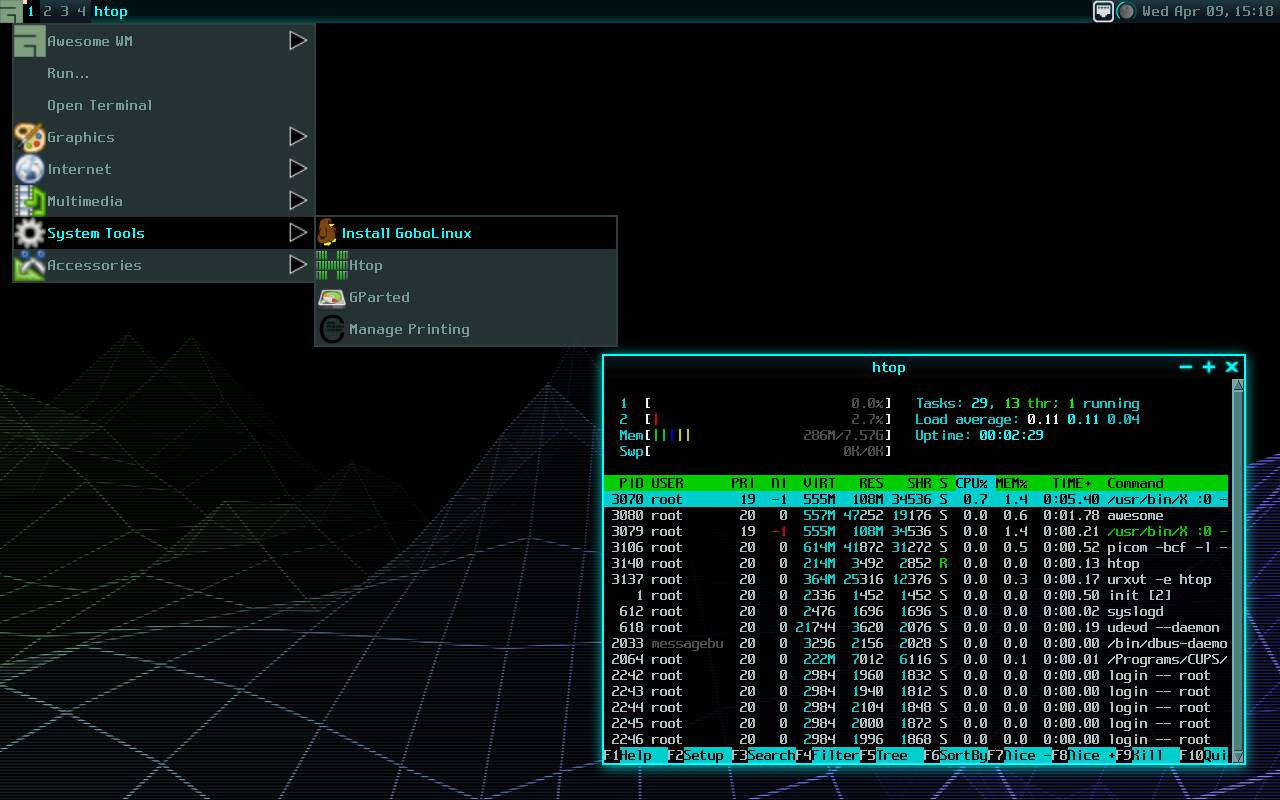
















































































































































![[The AI Show Episode 143]: ChatGPT Revenue Surge, New AGI Timelines, Amazon’s AI Agent, Claude for Education, Model Context Protocol & LLMs Pass the Turing Test](https://www.marketingaiinstitute.com/hubfs/ep%20143%20cover.png)
















































































































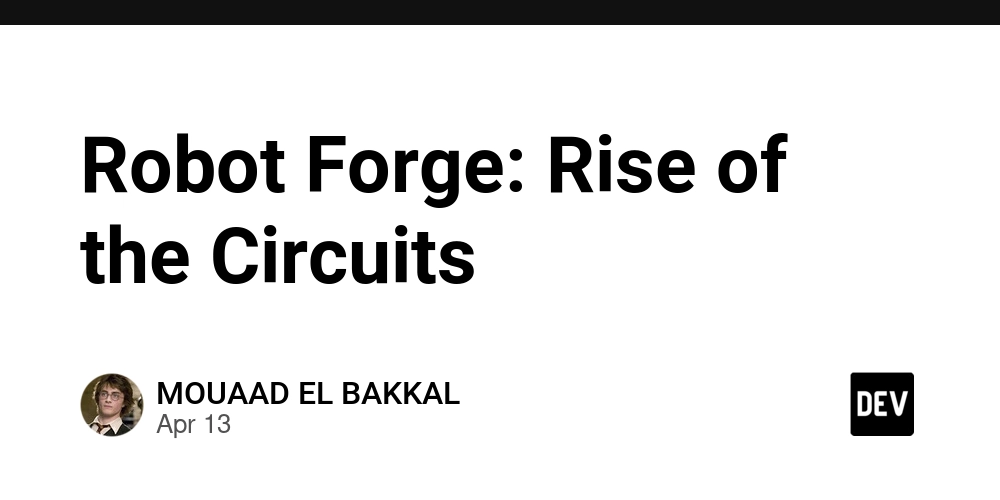









![[DEALS] Microsoft Visual Studio Professional 2022 + The Premium Learn to Code Certification Bundle (97% off) & Other Deals Up To 98% Off](https://www.javacodegeeks.com/wp-content/uploads/2012/12/jcg-logo.jpg)



![From Accountant to Data Engineer with Alyson La [Podcast #168]](https://cdn.hashnode.com/res/hashnode/image/upload/v1744420903260/fae4b593-d653-41eb-b70b-031591aa2f35.png?#)






































































































.png?#)






















![Apple TV+ Summer Preview 2025 [Video]](https://www.iclarified.com/images/news/96999/96999/96999-640.jpg)


































































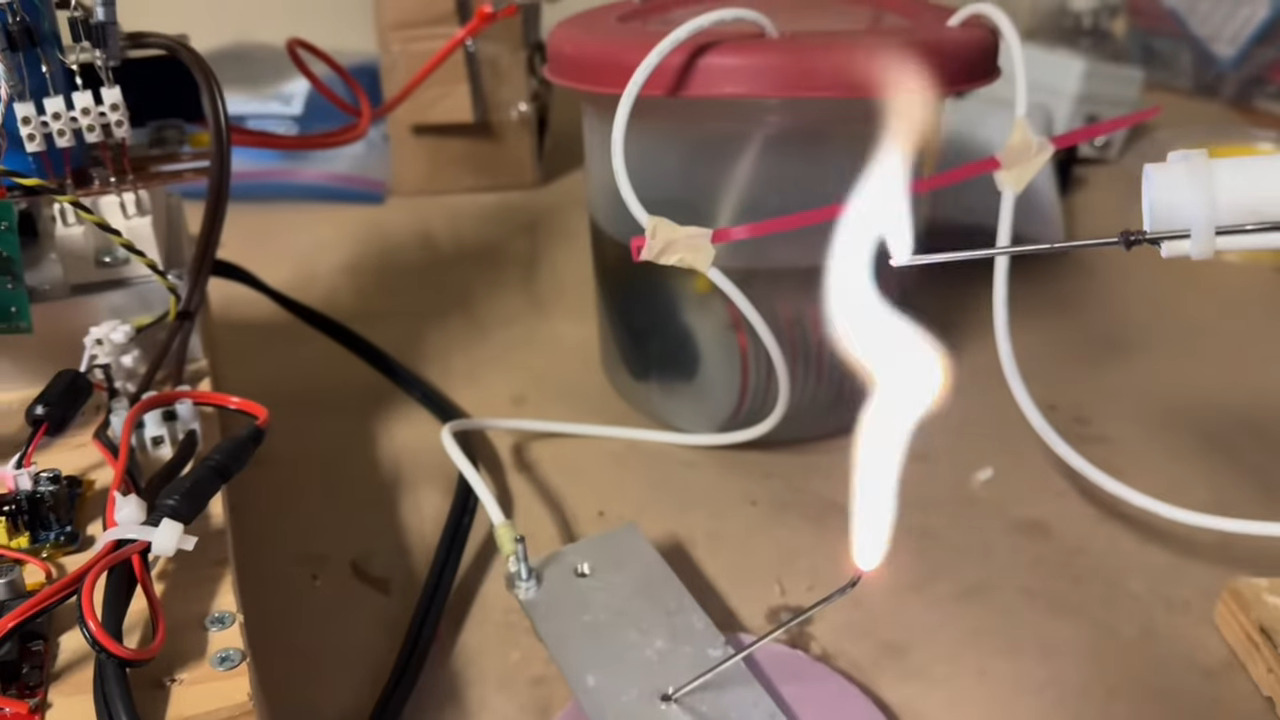
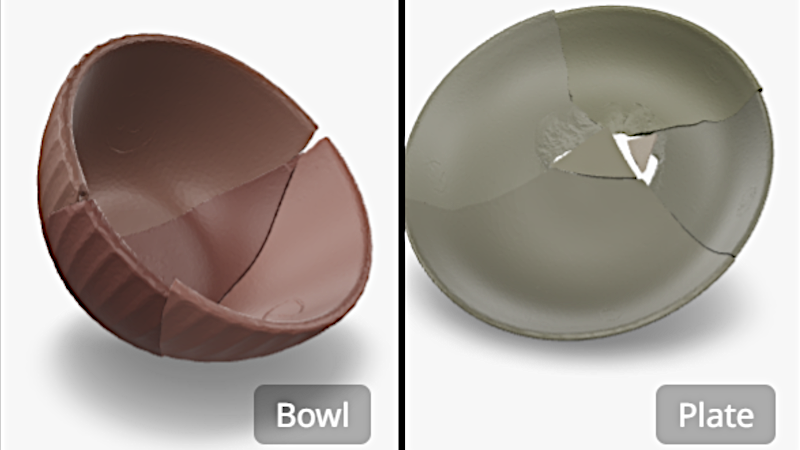















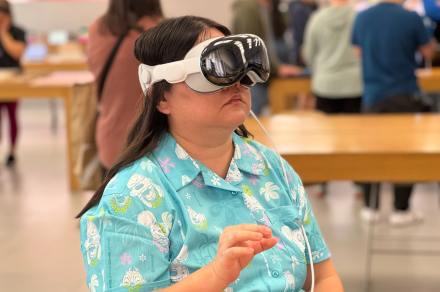










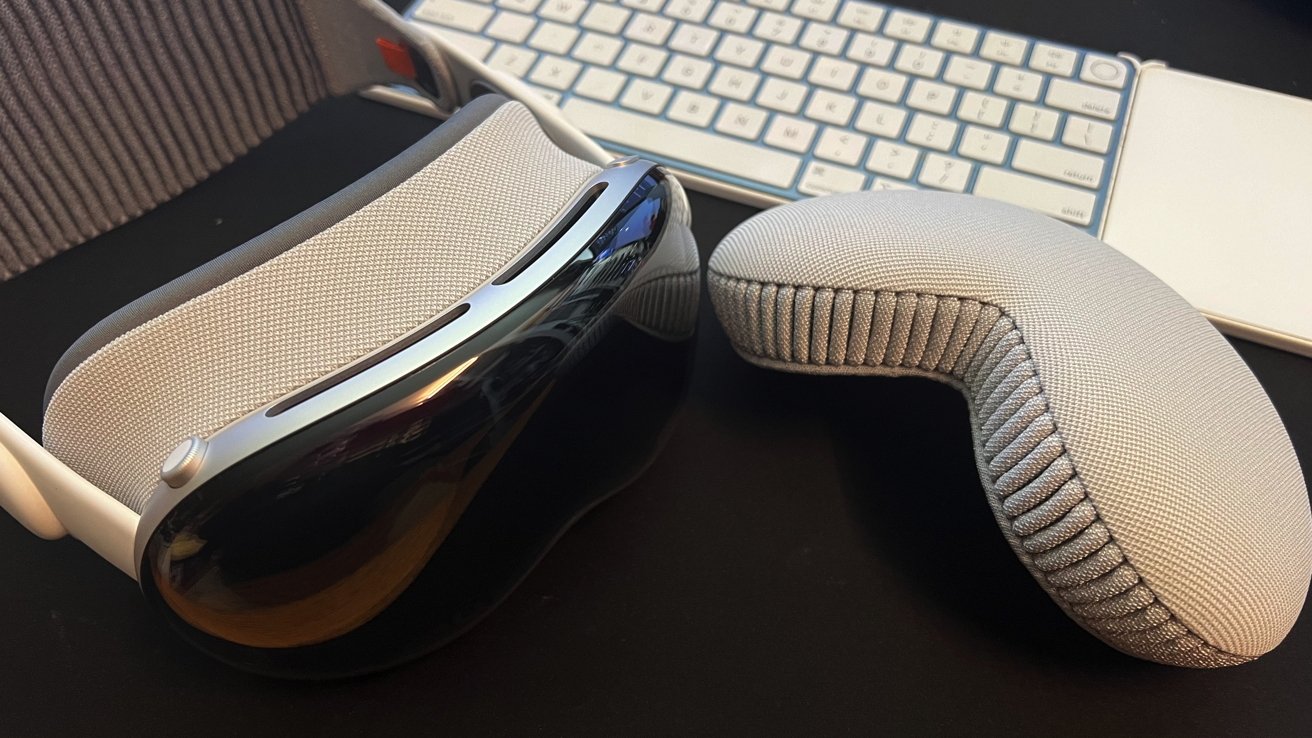
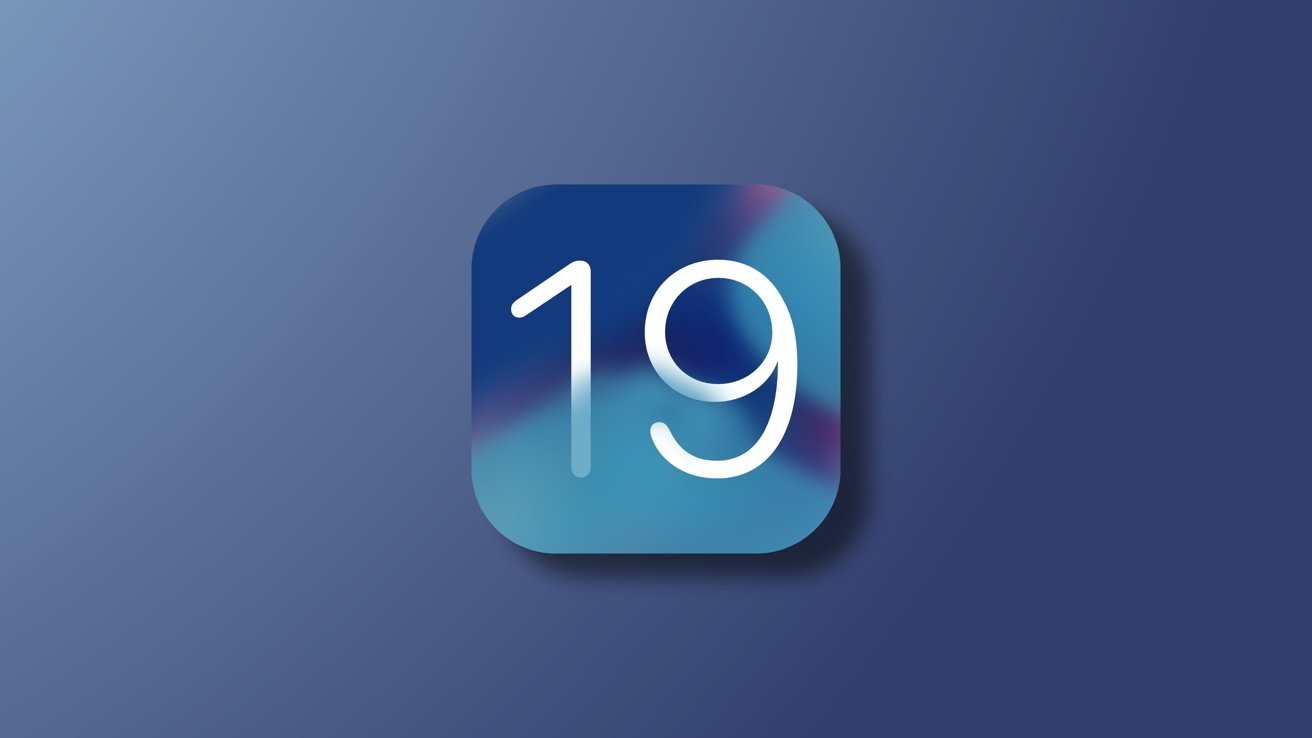
























![Apple Watch SE 2 On Sale for Just $169.97 [Deal]](https://www.iclarified.com/images/news/96996/96996/96996-640.jpg)

![Apple Posts Full First Episode of 'Your Friends & Neighbors' on YouTube [Video]](https://www.iclarified.com/images/news/96990/96990/96990-640.jpg)














